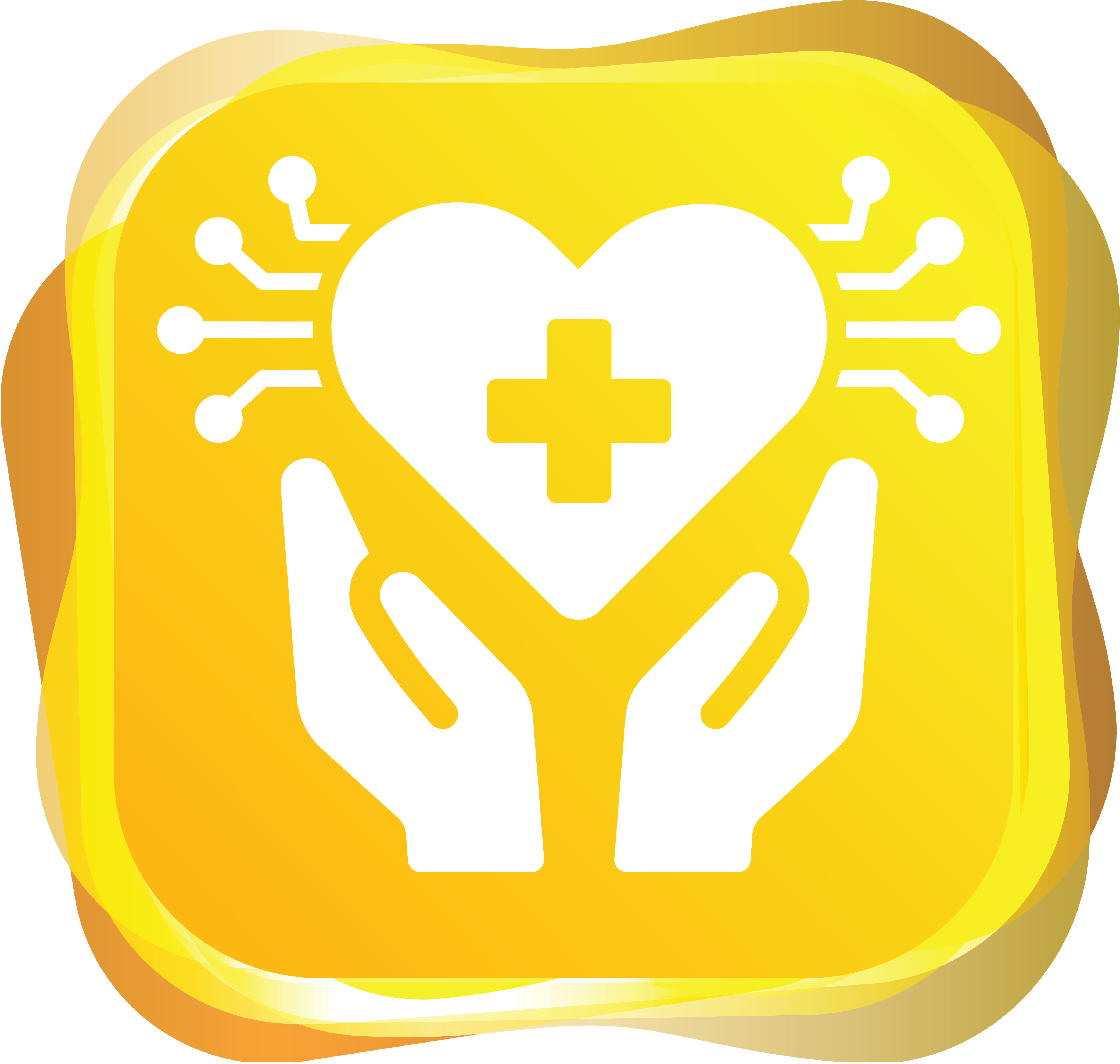 |
CCHU6002 Arts and HumanitiesTransdisciplinary Healthcare Solutions |
[This is a 3-credit Common Core Microcredentials course focused on transdisciplinary project-based learning in a highly compressed format.]
- CCMCs are optional, i.e. whether or not you take CCMCs (in place of one standard 6-credit CC course) for fulfilling the UG5(c) Common Core requirements, is at your discretion. However, if you opt to take CCMCs, you must take TWO of them, not more or less.
- Students who have been granted Advanced Standing / Credit Transfer / Course Exemption / Internal Transfer for Common Core courses in their current programme are NOT eligible.
- For students who have successfully completed two 3-credit CCMCs in place of one 6-credit Common Core course, the average grade point of the two CCMCs will be treated as the grade point of a 6-credit Common Core course for calculation of Graduation GPA under the Common Core Special Proviso.
Course Description
Each discipline has its own answers to major healthcare problems. But what if they worked together? In this course, students work in groups in a collaborative transdisciplinary project towards a real-world healthcare goal.
In Week 1, students analyze healthcare issues from different perspectives and learn about holistic solutions. These include: (1) the role of politics and historical ideologies in shaping health landscapes, (2) the influence of mass media in health literacy, (3) healthcare inequalities, (4) urban planning for healthy societies, (5) use of edutainment to train professionalism and ethics in healthcare. Content will be delivered through experiential workshops, lectures, games, films, simulations, and an ‘Amazing Race’-like field trip.
Week 2 culminates in a student-led team project that identifies a key health need and offers a solution. Students will tackle the issue from different angles, engaging in specific roles based on their expertise (e.g. literature review, knowledge exchange, collaboration with NGOs, developing a prototype resource/tool/plan). For example, project outcomes could be training tools, policy advocates. Education plan, start-ups, etc. Course instructors will offer close support throughout project development. Completed projects will be showcased in a multimedia gallery walk where teams will give a short pitch, facilitate Q&A, and offer peer feedback to one another.

Course Learning Outcomes
On completing the course, students will be able to:
- Identify key roles of transdisciplinarity in healthcare by addressing wider healthcare concerns, engaging with the community and translating all these into solutions.
- Acquire and apply research and design thinking skills in literature search and retrieval; use of technology for simulation; data acquisition and analysis.
- Collaborate and create an inquiry-based solution to real-world health challenges from evaluation of diverse perspectives from different disciplines.
- Communicate ideas and innovation effectively through various multimedia to the general public.
Offer Semester and Day of Teaching
Summer Semester
Lecture
1:30 pm – 4:30 pm on Jul 28, 29, 30, 31, Aug 1, 8
Tutorial
1:30 pm – 4:30 pm on Aug 4, 5, 6, 7
Study Load
| Activities | Number of hours |
| Lectures | 4 |
| Seminars / Tutorials | 21 |
| Fieldwork / Visits | 5 |
| Reading / Self-study | 5 |
| Assessment: Electronic portfolio | 10 |
| Assessment: Presentation (incl preparation) | 10 |
| Assessment: Group project and presentation | 15 |
| Total: | 70 |
Assessment: 100% coursework
| Assessment Tasks | Weighting |
| Class participation | 25 |
| Individual portfolio | 25 |
| Group project | 30 |
| Group presentation | 20 |
Required Reading
Day 2 (July 29, 2025)
- Nichols, M. (Director). (2001). WIT. From https://www.youtube.com/watch?v=jZipyBckqBc [Scene: Grand Rounds]
- Wong, J. D. (2021). Making Vitasoy “Local” in Post-World War II Hong Kong: Traditionalizing Modernity, Engineering Progress, Nurturing Aspirations. Business history review, 95(2), 275–300. [Online]
Day 5 (August 1, 2025)
- Dahlgren, G., & Whitehead, M. (2021). The Dahlgren-Whitehead model of health determinants: 30 years on and still chasing rainbows. Public health (London), 20-24. [Online]
- Tan, J. H. I., & et. al. (2023). Health inequity and social determinants of healthcare utilization in the disadvantaged community of Hong Kong. Health promotion international, 38(4). [Online]
Other reading/viewing/listening will be informed in class
Course Co-ordinator and Teacher(s)
| Course Co-ordinator | Contact |
| Dr M.L. Khong School of Biomedical Sciences, LKS Faculty of Medicine |
Tel: 3917 9788 Email: khongml@hku.hk |
| Teacher(s) | Contact |
| Dr M.L. Khong School of Biomedical Sciences, LKS Faculty of Medicine |
Tel: 3917 9788 Email: khongml@hku.hk |
| Dr P.P.L. Luk Medical Ethics and Humanities Unit, LKS Faculty of Medicine |
Tel: 3917 9366 Email: pluk@hku.hk |
| Dr T.K.F. Yung School of Humanities (History), Faculty of Arts |
Tel: 3917 7048 Email: timyungk@hku.hk |

